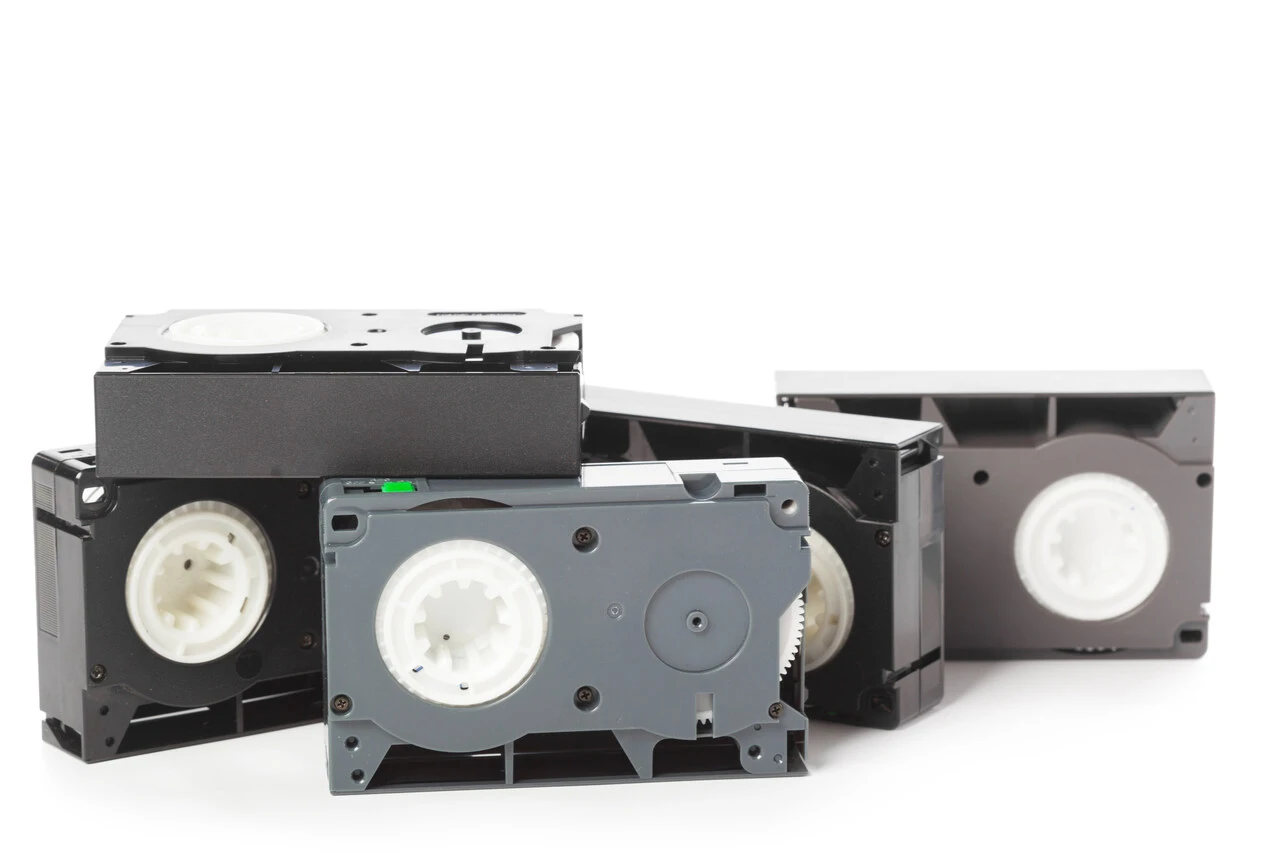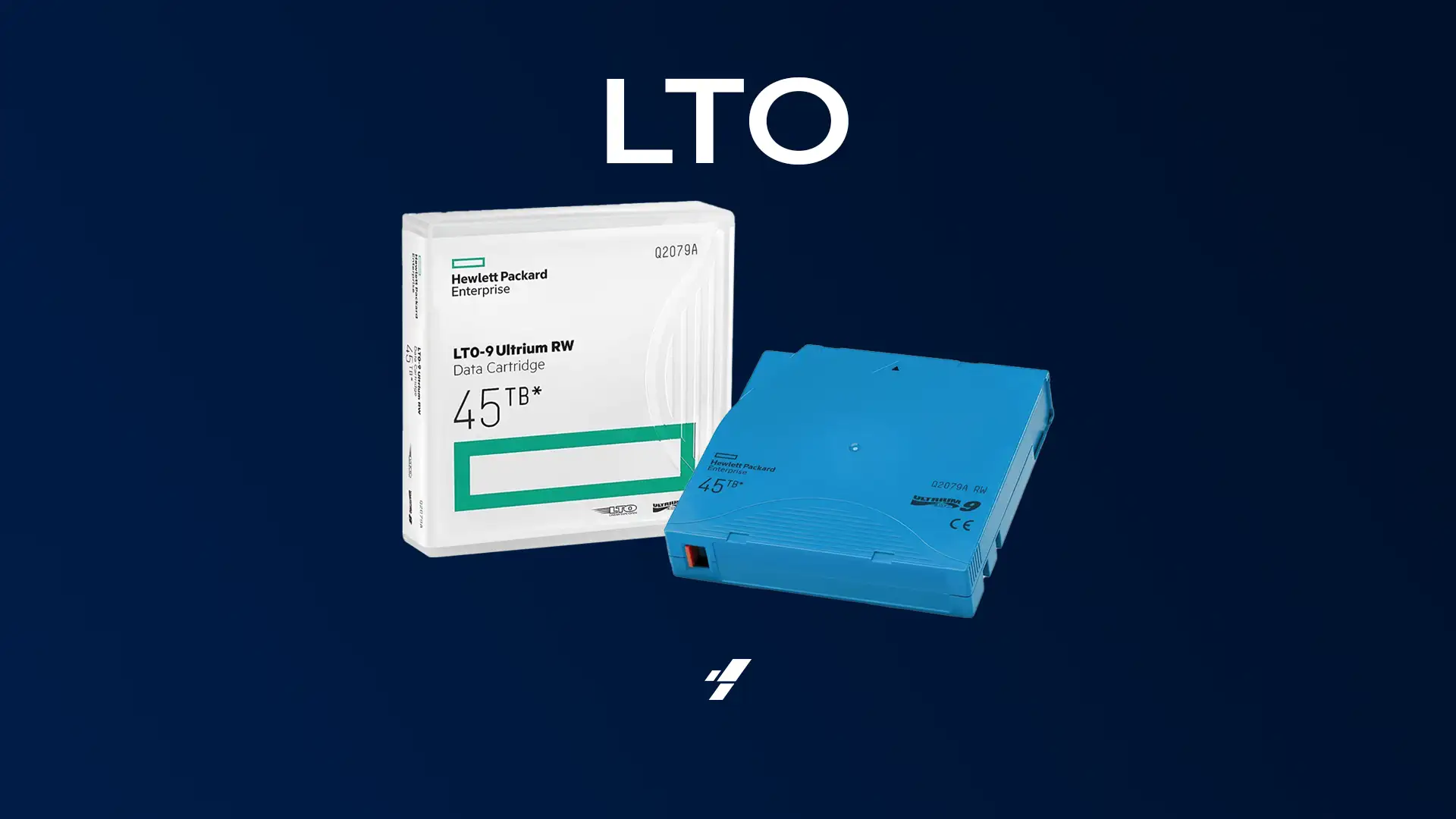We act quickly and decisively in recovering lost data and decrypting files affected by ransomware.
WORLDWIDE SERVICES
CASES OF LOCKBIT ATTACK
CASES OF BLACK CAT ATTACK
CASES OF HIVE LEAKS ATTACK
CASES OF MALLOX ATTACK
AMOUNT SAVED FOR NOT DEALING WITH HACKERS
The right solution for your data recovery
Data loss can be potentially damaging to any company, whether small, medium, or large. We have handled countless cases where the company’s survival depended solely on whether or not the data could be recovered.
Cases like these led us to invest in the development of new technologies that can recover data in any scenario, even when it is encrypted data after a ransomware attack.
We were able to develop an exclusive solution named Tracer, with which we can recover data encrypted by ransomware from databases, RAID systems, storages (NAS, DAS, SAN), virtual machines, servers, and more.
In most of the cases, our solutions can be run remotely, which drastically reduces the duration of the recovery process, which in turn reduces downtime.
Our experts can handle any data loss scenario.
Success Cases
What our customers say about us
"We had a serious issue following a NAS server power outage in Raid 5. I immediately contacted DIGITAL RECOVERY. After a few days of hard work the issue was resolved."

"One of our RAID servers had stopped. After several attempts without fixing the problem we found DIGITAL RECOVERY and 5 hours later, at 4:00 am, the data was recovered."

"We referred DIGITAL RECOVERY in a special case (data loss) in a storage RAID 5. Digital Recovery recovered 32 million files and the customer was extremely satisfied."

"Without any doubts the best data recovery company. Digital Recovery contact details will always be saved on my cell phone, as I will inevitably need it again."

"The quality of the service is excellent. The attention given to the service is gratifying and the feedbacks that are given leave us calm, knowing that we can trust in the work and dedication."

Customer since 2017
"Great company, they saved me from a big problem!!! I recommend them, what a quick service, my thanks to the Digital Recovery team for the attention and speed in solving the problem! Awesome!"

"The second time I count on the agility and professionalism of the Digital Recovery team, they are very experienced and agile. I recommend them to everyone"

They helped me recover some data that I had thought was lost. I had a great experience with the team for their calmness, agility, and transparency.










Latest insights from our experts

What is Flash Memory?
Since its invention in the 1980s, Flash memory has revolutionized digital data storage. Essential for mobile devices, digital cameras, storage units and more, it combines

Data portability on magnetic tapes
Data portability on magnetic tapes consists of migrating data stored on an old tape to a tape with current technology. Data portability is vital for

What are LTO tapes? Discover the power of long-term storage
LTO tapes, the acronym for Linear Tape-Open, represent a magnetic tape data storage technology developed in the late 1990s as an open format by a
What you need to know
How does the data recovery process work?
Data recovery starts with the initial diagnosis, at this step we can assess the extent of the data loss and see what methods we can take to begin the recovery process. After that we do the location, reconstruction and the recovery of the data. All of these processes must be done by a trained professional in order for there to be, in fact, effective data recovery.
In the case of mechanical data loss, the device will need to be opened, and this can only be done in a Class 100 Clean Room. These rooms are designed to control dust particles in the air. The smallest particles can affect the device, directly affecting data recovery.
After the process is complete, we contact the customer to have the recovered files validated by one of our specialists via remote access.
Is it possible to decrypt files affected by ransomware?
Yes, but only with specific technologies. Just a few companies in the world have this kind of expertise, because it has to be developed by the company itself. We at Digital Recovery are part of the select group of companies that have achieved this technology. Today, we can recover data encrypted by the vast majority of ransomware extensions active worldwide.
We can recover files encrypted in databases, servers, RAID systems, Storages (NAS, DAS, SAN), virtual machines, and more.
Are there any cases in which data cannot be recovered?
There are few cases, so it may happen. What is done after a data loss incident directly influences whether recovery is possible or not. Here are some things not to do after a data loss incident.
- Do not continue to use the device – If the device continues to be used after a data loss incident, the lost data may be overwritten, making data recovery very difficult. Therefore, after identifying the incident, quickly unplug the device and refer it to a company that specializes in data recovery.
- Do not use online data recovery programs – These online programs are designed to do data recovery, which is obvious, but what is not obvious to most of the people is that these programs being mishandled can end up saving the recovered data in already occupied memory locations, this causes data overwriting.
- Do not open the device – The devices are extremely sensitive, so sensitive that particles in the air can affect them to the point of causing data loss. The problem can be compounded simply by the fact that the device has been opened. They can only be opened in a special laboratory, known as a Class 100 Clean Room, these rooms have mechanisms that constantly filter the air so that the air is free of dust particles.
How quickly can data be recovered?
This time is very relative, it all depends on the extent of the data loss. We have seen cases where the recovery was done in less than 24 hours, after the initial diagnosis, but there are also cases where the recovery takes days. At the initial diagnosis, we are able to project how soon the recovery will be done; this initial diagnosis is made within 24 working hours.
We provide recovery in three different modes: emergency, intermediate or normal. In emergency and intermediate mode the duration of the recovery process can be reduced compared to the normal process time.
When the emergency mode is activated, our labs and specialists will work with 24x7x365 availability. This reduces both the initial diagnosis time and the recovery process time.
But regardless of the recovery mode, the time taken for the recovery process will be linked to the complexity of the data loss.




